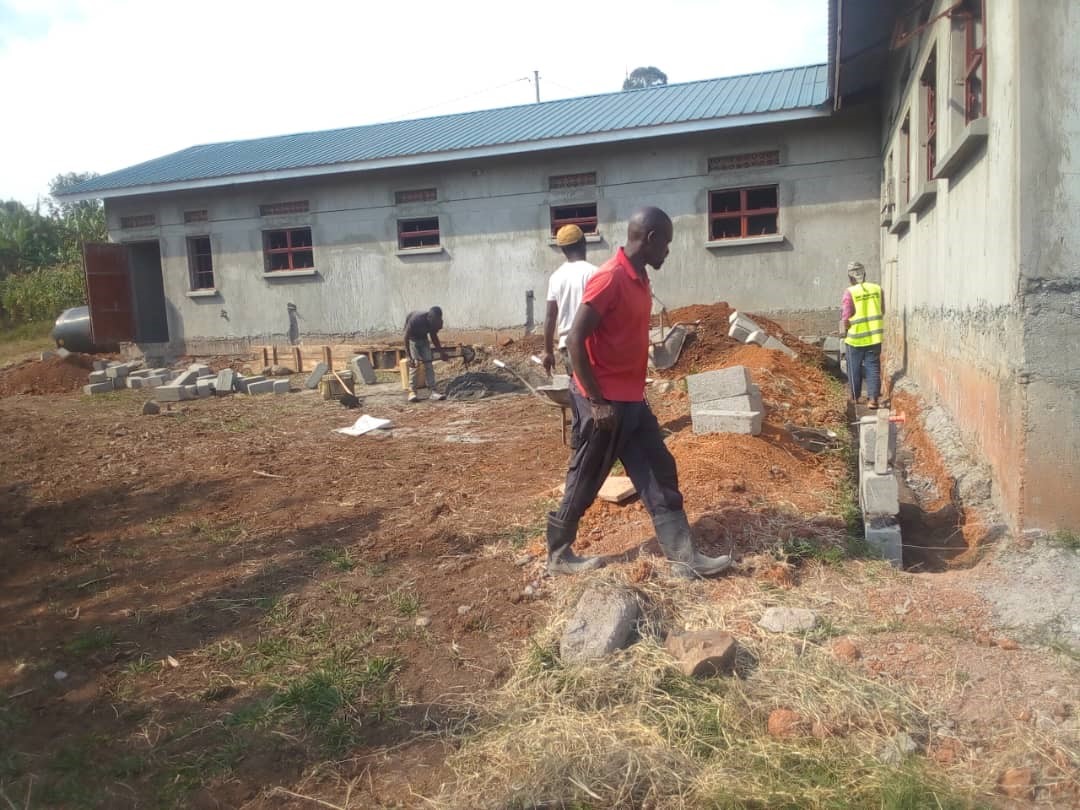
Community Conversations Inspire Civic Engagement in Fort Portal.
Before engaging with KANCA, Christopher and his community faced numerous governance and human rights challenges. Platforms for voicing community issues were scarce, as leaders rarely held meetings at the community level. Civic education on the roles and responsibilities of leaders was minimal, and residents were unaware of their roles in influencing policies. Access to essential services was another pressing issue. The local health facility was at Level II, which limited the healthcare services available to the community. Water sources were unreliable, with many shallow wells in disrepair, forcing those who couldn’t afford piped water to fetch it from streams. Elected leaders were hesitant to engage with the community, fearing that demands would surpass what they could deliver. As a result, communities were disconnected from their leaders, with little participation in policy-making processes.
KANCA intervened by organizing community meetings that brought together leaders, such as LC1 officials, councilors, Members of Parliament, Division Mayors, women, youth, and opinion leaders. These gatherings, including Topowa and fire-place conversations, aimed to educate both leaders and community members about their shared responsibilities in governance and development. Christopher recalls, “The meetings empowered me with knowledge on handling community issues, mobilizing people, and conducting dialogue. I felt better equipped to advocate for my constituents.” He also learned how to present community concerns during council meetings and follow up with leaders to address them effectively.
Before these interventions, Christopher admits he had limited knowledge of his roles as a leader. Community meetings were rare, and mobilization efforts were low. Many residents expected financial incentives to participate in meetings, while leaders lacked the skills and confidence to address pressing issues. Through KANCA’s support, Christopher’s perspective changed. He acquired advocacy and lobbying skills that helped him effectively dialogue with Division leadership. He says, “I now understand my role and that of others. This confidence has enabled me to collaborate with my community and bring tangible results.”
KANCA’s initiatives led to tangible improvements in Kiguma Ward. Christopher’s advocacy efforts, informed by community meetings, contributed to the upgrade of Kiguma Health Center II to a Health Center III. Construction is already underway, addressing the long-standing issue of inadequate healthcare services. Additionally, the community mobilized to repair two shallow wells, reconstituting committees to manage their water sources. Christopher’s leadership style has also evolved. “The meetings put me under pressure to follow up on actions agreed upon. I ensure that issues raised in community meetings are addressed at the Division level,” he shares. His ability to mobilize residents and leaders has inspired greater civic participation and ownership of development efforts.
Today, Kiguma Ward residents no longer attend meetings solely for material benefits but for the knowledge and solutions they gain. Community attitudes toward self-development have shifted, with residents contributing to projects like well repairs and actively participating in development discussions. Christopher notes, “Attending KANCA meetings was a blessing. It changed the way I present issues and exposed me to collaborate with communities in addressing their own development agenda.”
Leaders like Christopher have become champions of civic engagement, ensuring that governance is inclusive and responsive.



